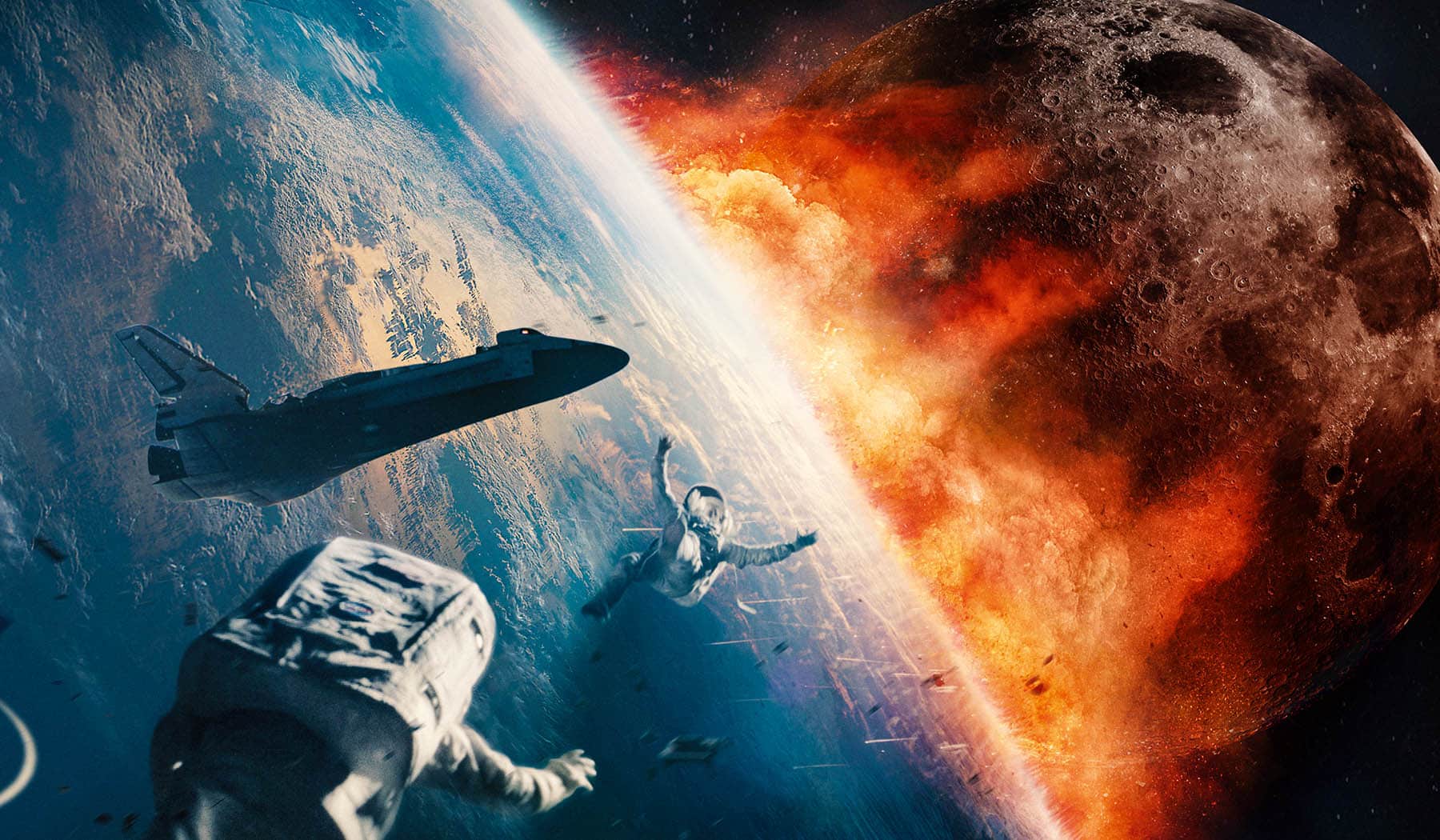Moonfall (2022)

“Moonfall” (2022), directed by Roland Emmerich, is a science fiction disaster film that combines elements of space exploration and apocalyptic scenarios. Known for his previous works in the disaster genre such as “Independence Day” and “The Day After Tomorrow,” Emmerich once again delves into large-scale destruction and humanity’s struggle for survival against seemingly insurmountable odds.
The plot of “Moonfall” centers around a catastrophic event where the Moon is knocked from its orbit and set on a collision course with Earth. As the Moon’s descent causes widespread devastation, triggering gravitational anomalies and natural disasters, a desperate mission is launched to save the planet.
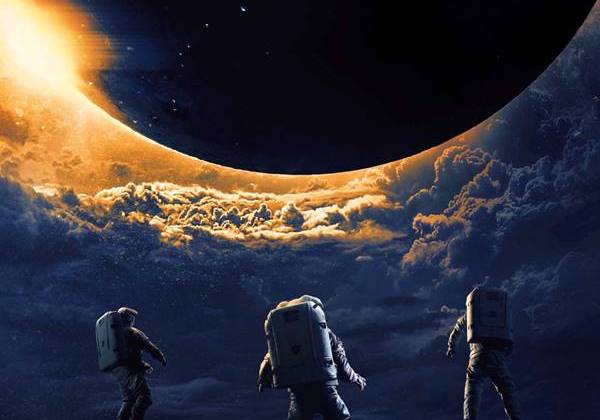
The story follows three central characters: Jocinda “Jo” Fowler (Halle Berry), a former astronaut turned NASA executive; Brian Harper (Patrick Wilson), a disgraced former astronaut who once worked alongside Jo; and K.C. Houseman (John Bradley), a conspiracy theorist who discovers the Moon’s altered trajectory. Together, they uncover the shocking truth behind the Moon’s sudden shift and embark on a daring space mission to prevent the impending apocalypse.
One of the film’s strengths is its visual effects, which effectively portray the chaos and destruction caused by the Moon’s approach. The large-scale disaster sequences, including massive tidal waves, collapsing buildings, and gravitational disruptions, are depicted with high intensity and spectacle. Emmerich’s expertise in creating visually striking disaster scenarios is evident throughout the film.
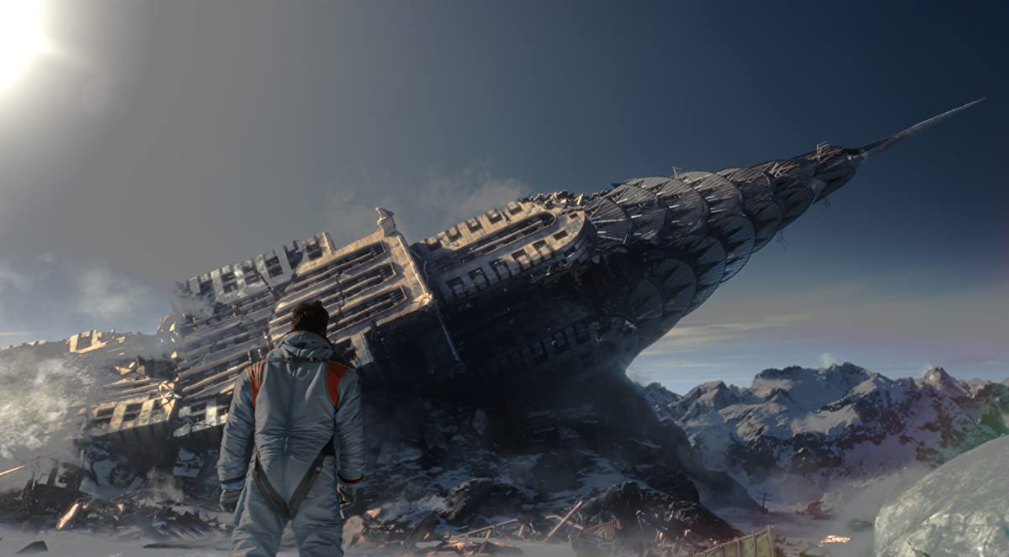
The film’s central premise is rooted in the discovery that the Moon is not a natural satellite but an ancient, technologically advanced megastructure. This revelation adds a layer of mystery and intrigue to the narrative, as the characters must navigate not only the physical challenges of their mission but also the secrets and dangers within the Moon itself.
Halle Berry delivers a solid performance as Jo Fowler, portraying her character’s determination and resilience. Patrick Wilson’s Brian Harper provides a more emotionally driven narrative, grappling with his past mistakes and seeking redemption. John Bradley’s K.C. Houseman adds a touch of humor and eccentricity to the trio, his character’s unconventional ideas proving to be crucial to their mission.
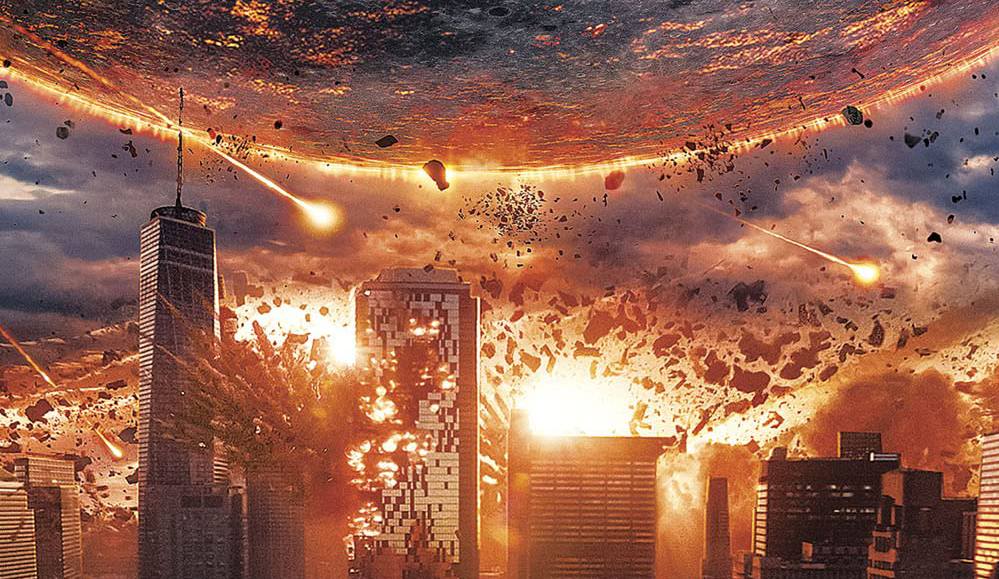
Despite its ambitious premise and impressive visuals, “Moonfall” received mixed reviews from critics. While some praised its entertaining spectacle and imaginative concept, others criticized its dialogue, character development, and scientific inaccuracies. The film’s blend of high-stakes action and conspiracy theory elements created a polarizing experience for audiences.
One of the central criticisms is the film’s pacing and coherence. The rapid shifts between disaster sequences, character backstories, and the unfolding mystery of the Moon’s true nature can feel disjointed at times. Additionally, the film’s reliance on pseudoscience and outlandish explanations may challenge viewers’ suspension of disbelief.
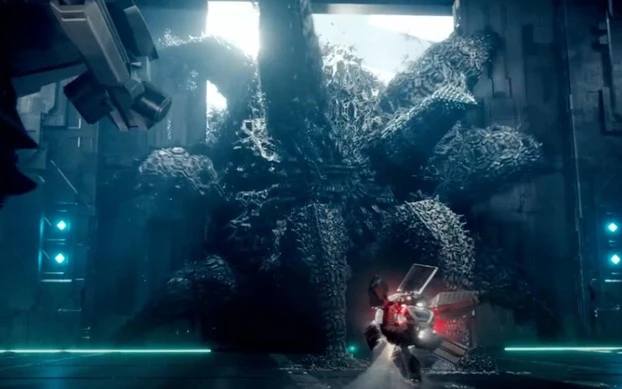
However, “Moonfall” succeeds in delivering what fans of the disaster genre expect: high-energy action, visually impressive destruction, and a race against time to save humanity. The film’s exploration of the Moon’s hidden secrets and the unexpected twists in the narrative offer moments of intrigue and excitement.
Overall, “Moonfall” is a quintessential Roland Emmerich disaster film, complete with grandiose visuals, thrilling action, and a touch of sci-fi mystery. While it may not reach the heights of some of his earlier works, it provides a fun and engaging ride for audiences seeking an adrenaline-fueled cinematic experience. The film’s unique premise and ambitious scale make it a notable entry in the genre, even if its execution may not satisfy all viewers.
